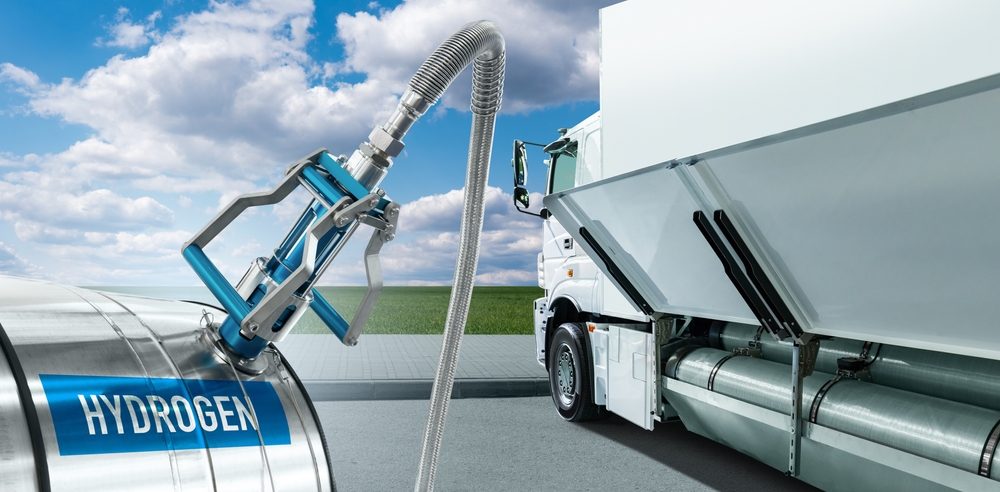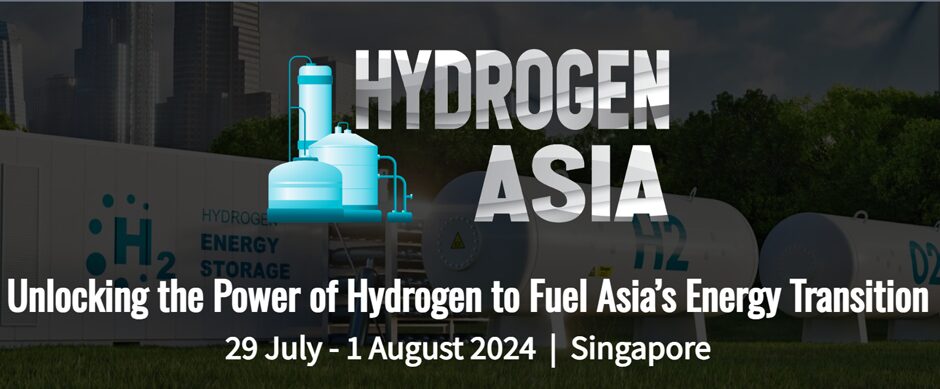
H2-Industries has embarked on a revolutionary project in Egypt to create green hydrogen using proprietary technologies by using organic wastes as feedstock for its energy production while capturing CO2 and commercialising it, achieving carbon neutrality.
While creating green hydrogen has historically proven uneconomic, H2-Industries has developed a process to create large amounts of green hydrogen from organic waste at competitive costs. The green hydrogen produced from that process can be transported and stored, using other H2-Industries technologies, and released on demand for use in industry applications.
Preliminary approval has been granted to H2-Industries by the General Authority for Suez Canal Economic Zone (SC°Zone) for the development of a 1GW LOHC Hydrogen Hub at East Port-Said which will be the first project of its type in the world. The hydrogen plant will be fed with four million tonnes of organic waste and non-recyclable plastic per year secured at the Mediterranean entrance to the canal. The Suez Project will produce 300,000 tonnes of green hydrogen per year at half the levelised cost of current green hydrogen production technologies, taking the cost even lower than current levels for low-carbon and grey hydrogen production.
Executive Chairman of H2-Industries, Michael Stusch said: “This is an exciting opportunity and one that will take the tonnes of waste that collects in Egypt and turn it into green hydrogen. The Waste-to-Hydrogen plant is a breakthrough in making green hydrogen economically viable, helping not only reduce global CO2 emissions but also reducing the pollution and impairment of water resources in the country.”
Green hydrogen can be sold and transported for international use in diesel trucks carrying H2-Industries’ LOHC or, alternatively, H2-Industries can create low-cost synthetic diesel (eDiesel) or sustainable aviation fuel (SAF), with the captured CO2 which is the only emission in this process, depending on international market demand for same.
More to come
Besides the project in Egypt, H2-Industries is poised to undertake several projects which will convert organic waste, including plastic and agricultural waste and even sewage sludge, and turning it into useable hydrogen. That hydrogen can be transported into a ‘carrier fluid’ referred to in the industry as LOHC, which can be transported and used to fill storage tanks much like diesel, but without the carbon emissions upon use. The waste heat from the H2-Industries’ process can be used to generate power with steam turbines and generators.
H2-Industries is also commercialising other green hydrogen products to meet the commercial needs of end users with applications ranging from the transformation of coal fired power plants to hydrogen power plants and transforming steel, cement and glass production making it CO2 free by using H2-Industries’ technology and green hydrogen.











